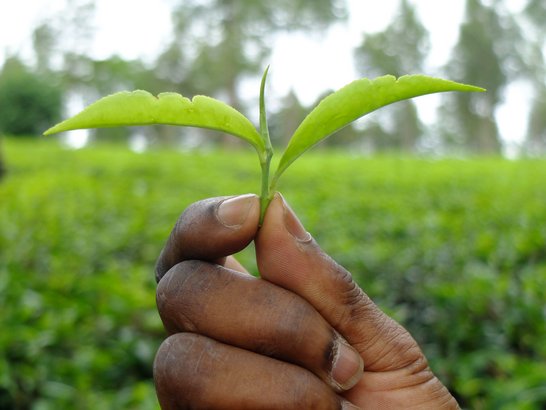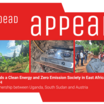Towards a Clean Energy and Zero Emission Society in East Africa: Strengthening Academic and Community Collaborations in Outreach, Training and Research in Green Growth and Healthy Environment | TORCH

Project coordinator: Patrick Musinguzi
Coordinating institution: Makerere University
Partner institutions: University of Natural Resources and Life Sciences Vienna, Kabale University, Busitema University, Kyambogo University, University of Juba
Partner countries: Uganda, South Sudan
Project duration: 1 May 2025 – 30 April 2027
Budget: EUR 255.222
Project Overview
Climate change and environmental degradation pose a major threat to sustainable development efforts. The concept of green growth is being increasingly embraced in order to address sustainable economic growth, natural resource conservation, and environmental health by reducing emissions of carbon and other greenhouse gases. In East Africa, countries such as Uganda have established the Uganda Green Growth Development Strategy, while South Sudan has enacted the National Environment Policy, in order to realise the green economy.
TORCH aims to build on East African government policies and deploy the concept of living labs, in which universities, the community and stakeholders co-design, co-create and co-produce clean, affordable and reliable technologies that promote green growth. This collaboration aims to generate future graduates and citizens who are able to embrace green technologies that fit the community.
The project will improve teaching in green growth in selected curricula, establish three living laboratories to boost co-creation on energy efficiency and low-carbon emissions, and increase human capacity through short courses and field research. It will also improve women's scientific capacity, promote novel green technologies, contribute to policy transformation, and enhance university partnerships. These activities will contribute to achieving the Sustainable Development Goals (SDGs) 4, 5, 6, 7, 12 and 13, reducing health risks and conserving the environment.

